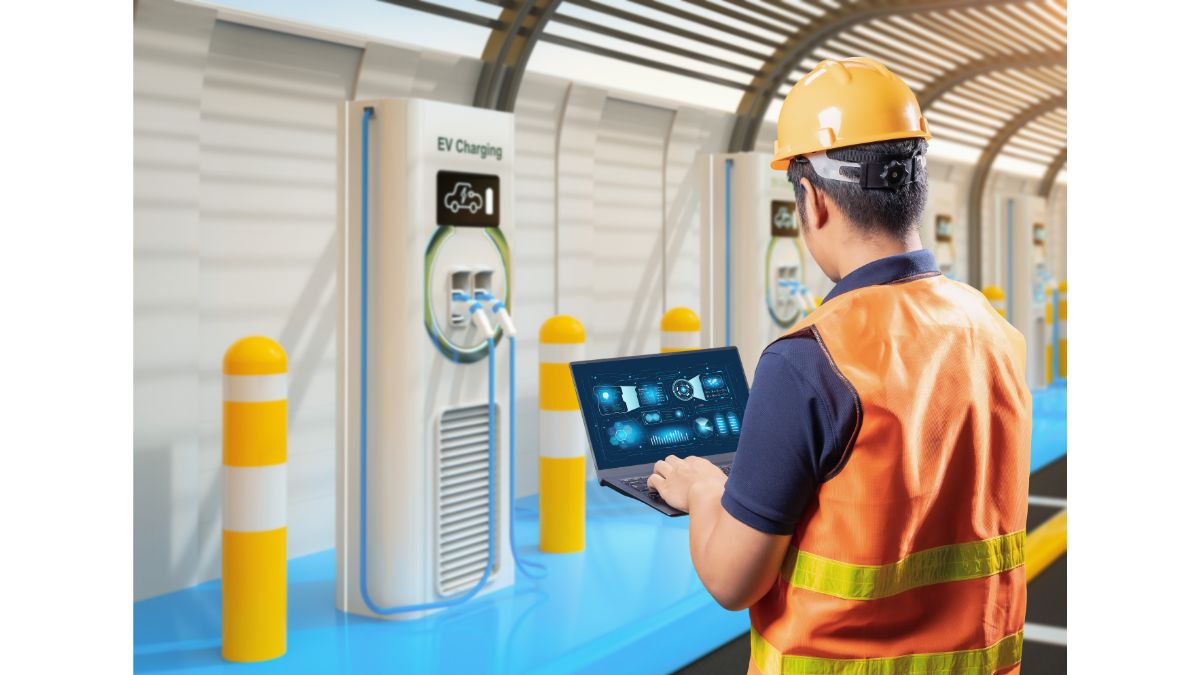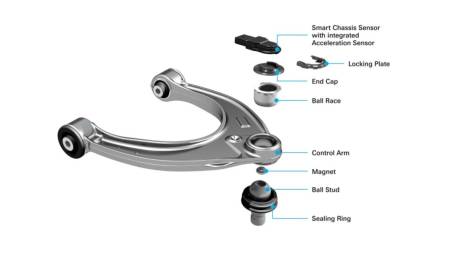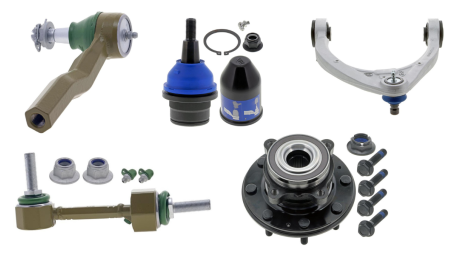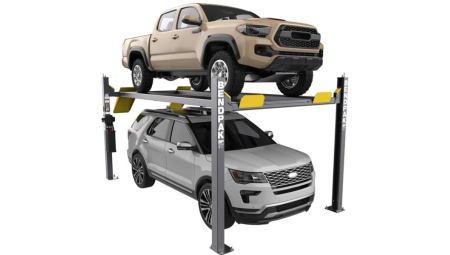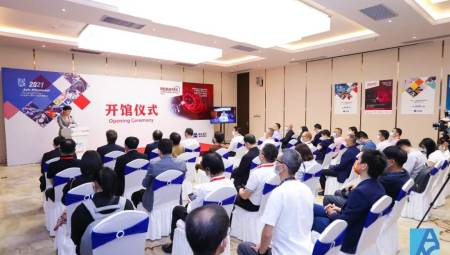Latin America. Francisco Herdocia, vice president of Imex, an automotive parts distribution group that has confirmed its presence at AutoAméricas 2024, previews parts of his article on challenges that hinder the adoption of electric cars in Central America and the Caribbean.
According to Herdocia, electric vehicles (EVs) have gained significant importance around the world as a sustainable and environmentally friendly mode of transportation. However, its adoption in Central America and the Caribbean has been noticeably slower compared to many other regions.
 Several factors could be contributing to this delay. Apart from the high cost of vehicles, there are also high import duties and a lack of government incentives.
Several factors could be contributing to this delay. Apart from the high cost of vehicles, there are also high import duties and a lack of government incentives.
One of the most significant barriers to the widespread adoption of electric vehicles in Central America and the Caribbean is the high import tax levied on these vehicles. Although some countries, such as Costa Rica, are working on possible incentives.
High import duties on electric vehicles act as a considerable deterrent to potential buyers. Consumers in these regions are price-sensitive, and the additional cost of importing an electric car can be prohibitive, even when considering the long-term savings on fuel and maintenance.
Another major factor contributing to the slow adoption of electric cars in Central America and the Caribbean is the limited availability of government incentives. However, in Central America and the Caribbean, government incentives for electric cars are few. The absence of such incentives not only fails to motivate consumers to switch to EVs, but also hinders the development of charging infrastructure and the growth of the EV market.
That also brings us to the third factor. Since there are not many charging stations throughout these countries. The owner of an electric vehicle is limited to the surroundings of his home base. A reliable network of charging stations is key to alleviating range concerns and ensuring EV owners can conveniently charge their vehicles.
Central America and the Caribbean face challenges in developing widespread cargo infrastructure due to factors such as limited financial resources and logistical difficulties. While some countries in the region have made efforts to establish charging networks in urban areas, rural regions are often underserved or lack charging infrastructure altogether. This makes electric cars less practical for consumers who may need to travel longer distances or lack access to home charging solutions.
In addition, the variety of electric vehicle models available in Central America and the Caribbean is significantly restricted compared to larger markets. Most local dealerships don't offer too many EV options to appeal to their buyers.
The limited availability of models not only limits consumers' choices but also affects the perception of electric cars in these countries. Consumers are more likely to consider electric vehicles if they have access to a wide range of options that suit their preferences and needs.
In Central America and the Caribbean, widespread knowledge about the benefits of electric cars, including lower operating costs, lower environmental impact, and improved performance, is still lacking.


